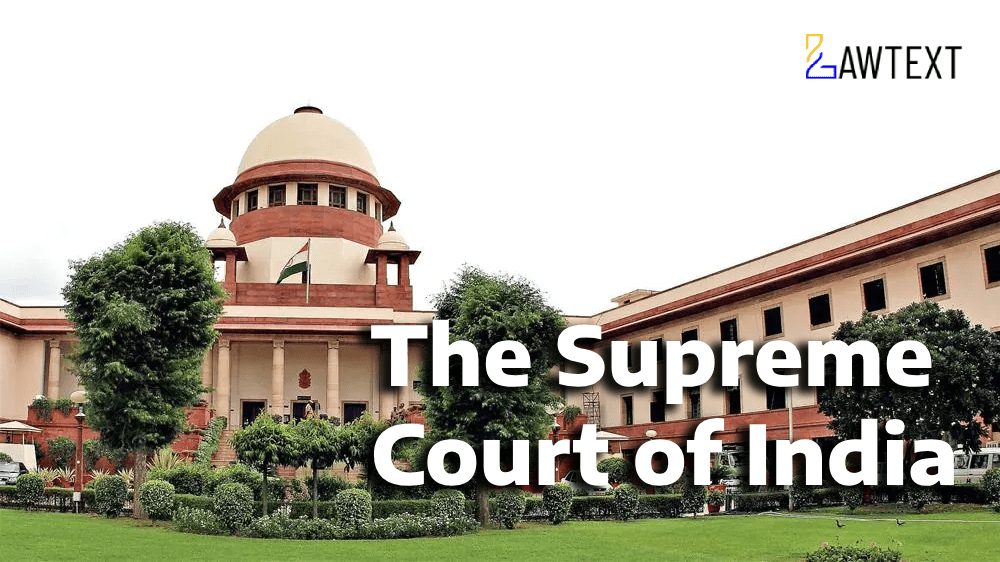Case Note & Summary
The Supreme Court reversed the Allahabad High Court's decision that had set aside the discharge of appellants from charges under Sections 420 and 120B IPC. The case revolved around allegations that the appellants, through their Sunshine Educational and Development Society, had deceitfully obtained approval from the All India Council for Technical Education (AICTE) to establish educational institutions on mortgaged land. The Court found no evidence of deliberate deception or conspiracy by the appellants, noting that the AICTE was fully aware of the mortgage and did not claim to be deceived. The Supreme Court upheld the discharge, finding the necessary ingredients for charges under Sections 420 and 120B IPC were not satisfied.
Background of the Case:The appellants, who established the Sunshine Educational and Development Society, faced charges under Sections 420 and 120B IPC. The allegations were that they obtained AICTE approval for educational institutions on mortgaged land by deceitful means.
Initial Legal Proceedings: The appellants were initially discharged by the Special Judicial Magistrate, CBI Court, Ghaziabad. The Central Bureau of Investigation (CBI) challenged this discharge in the Allahabad High Court under Section 482 Cr.P.C. The High Court set aside the discharge, leading the appellants to approach the Supreme Court. Supreme Court's Analysis:Cheating under Section 420 IPC:
The Court held that the necessary element of “dishonest inducement” was not present. The AICTE was aware of the mortgage on the land and did not allege being deceived.Criminal Conspiracy under Section 120B IPC:
The Court found no evidence of a willful conspiracy between the appellants to deceive the AICTE. The initial application by the appellants disclosed the mortgage, weakening the argument of deliberate concealment.Maintainability of the CBI’s Petition:
The Court discussed the procedural aspect, noting that while the CBI’s petition under Section 482 Cr.P.C. was filed beyond the 90-day limitation period, the High Court had treated it as maintainable. However, this did not influence the Supreme Court’s ultimate decision on the merits. Conclusion:The Supreme Court concluded that the appellants could not be held liable under Sections 420 and 120B IPC due to the lack of evidence of deliberate deception. The order of the High Court was set aside, and the appellants’ discharge was upheld.
Issue of Consideration: Vipin Sahni and another Versus Central Bureau of Investigation
Premium Content
The Issue of Consideration is only available to subscribed members.
Subscribe Now to access critical case issues







